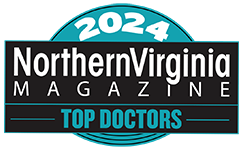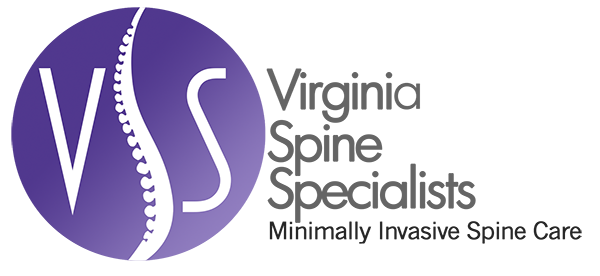7 Nutrition and Medication Must-Haves for Recovery After Back Surgery
If you are preparing for back surgery, you may be overwhelmed by the surgery itself, and not yet thinking about the recovery period. However, now is the time to plan for this important time in your journey toward having a healthy back. If you take the time to prepare for recovery before surgery, you’ll be able to rest easier once the procedure is behind you.
In this article, we’ll take a look at nutrition and medication must-haves to stock up on for your recovery. In future posts, we’ll add to the must-have list with equipment, entertainment, and a full plan for continued health.
Nutrition Must-Haves
High-fiber foods: Unfortunately, post-surgery constipation can cause significant discomfort. Many pain medications, inactivity, anesthesia, and stress all contribute to constipation, but fiber can fight this condition. Men should get 30 to 38 grams of fiber per day, and women should get 21 to 25 grams each day. Keep these high-fiber foods around to snack on as you recover: pears and apples with their skins, broccoli, baked potato with skin, blueberries, prunes, oatmeal, and lentils. Drink plenty of water, too.
Healthy foods and vitamins: Give your body the healthy fuel it needs to heal itself by eliminating junk food and choosing healthy foods instead. Visit ChooseMyPlate.gov for a wealth of information and tools to help you plan nutritious meals. Also, ask your surgeon which vitamins to take before and after surgery to promote healing.
Convenient and frozen meals: Prepare now for easier meals post-surgery by signing up for a grocery delivery service, such as Peapod, so you will have a replenishing supply of fresh food in the house. Another smart move is to cook soups and casseroles before your surgery and freeze them in meal-sized portions. You’ll have delicious food ready to heat up during the recovery period.
Medication Must-Haves:
Tylenol: Non-narcotic pain relievers like Tylenol won’t contribute to constipation like other pain relievers can. However, you should ask your physician if taking Tylenol is appropriate for your unique situation.
Prescription pain medicine: Your doctor will probably send you home with a pain medicine prescription, too, so be sure you know who will fill your prescriptions for you once you get home.
Laxatives: As mentioned, you may experience constipation after your back surgery. Talk with your doctor about taking laxatives post-surgery, and be sure to have a supply of whatever he or she recommends, if any.
Medicine organizer: You’ll probably have several medications to manage after surgery, so consider buying a medicine organizer box to keep up with times and dosages.
Stay tuned as we discuss more must-haves to help you recover from back surgery.

Categories
Archives
Contact Dr. Mudit Sharma
Phone: (571) 921-4877
Toll Free: (855) 774-6334
Monday – Thursday: 8am – 4pm
Friday: 8am – 2pm
Fredericksburg
4604 Spotsylvania Parkway, Suite 300 Fredericksburg, VA 22408
Manassas
8650 Sudley Road, Suite 315
Manassas, VA 20110-4418
